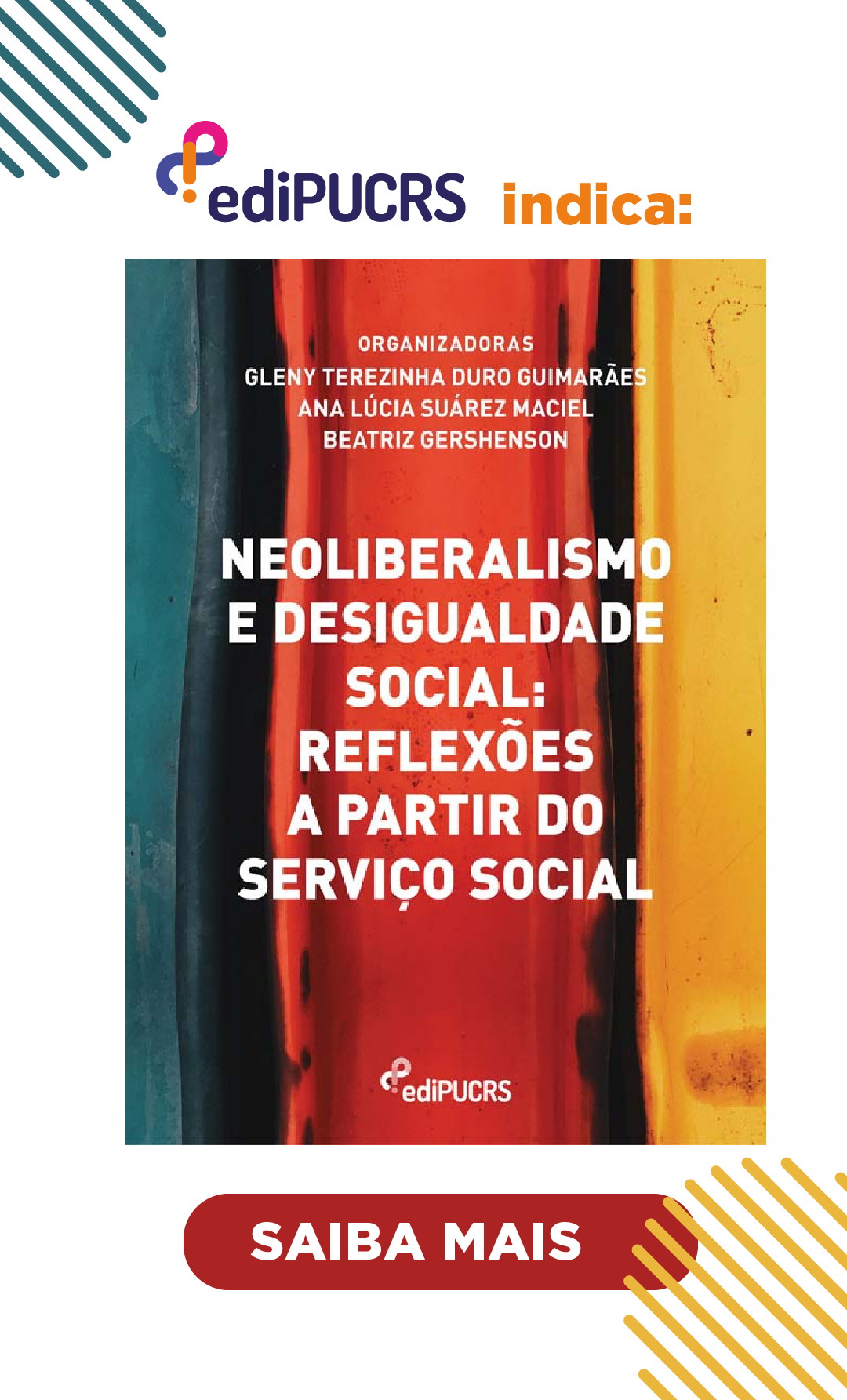The burgueise’s reaction towards the capitalist’s crisis and the process of mercantilization of higher teaching in post 1970
Abstract
The present essay, written through bibliography research, aims to talk about the capitalistic accumulation pattern crises during the decade of 1970’s, the bourgeoisie strategies to fight again it – through the further process of productive reorganization and the reconfiguration of the State’s role – and the consequences on the citizenship pattern built during the XX century, through a lot of social fights. One of the bourgeoisie reaction’s results to the capitalistic accumulation pattern crises was the increasing process of merchandising of the social rights, now transformed in “services”. Thus, social rights as those present in the health sector, social security sector and education sector suffered large processes of merchandising – and the same happened with the superior system of education, especially in the in development countries. To understand the causes of this overall superior teaching merchandising phenomena is crucial to the comprehension of the singular process of the university system reform in many countries, especially in Brazil. This essay does not aim to talk about the brazilian case, but offer elements to its comprehension – what oblige us to look to the wide world movements related to the university in the post-1970.Key words – Capitalist crisis. Bourgeoisie reactions. Merchandising of the social rights. Superior system of education.
Downloads
Downloads
Published
How to Cite
Issue
Section
License
Copyright
The submission of originals to Textos & Contextos (Porto Alegre) implies the transfer by the authors of the right for publication. Authors retain copyright and grant the journal right of first publication. If the authors wish to include the same data into another publication, they must cite Textos & Contextos (Porto Alegre) as the site of original publication.
Creative Commons License
Except where otherwise specified, material published in this journal is licensed under a Creative Commons Attribution 4.0 International license, which allows unrestricted use, distribution and reproduction in any medium, provided the original publication is correctly cited.





